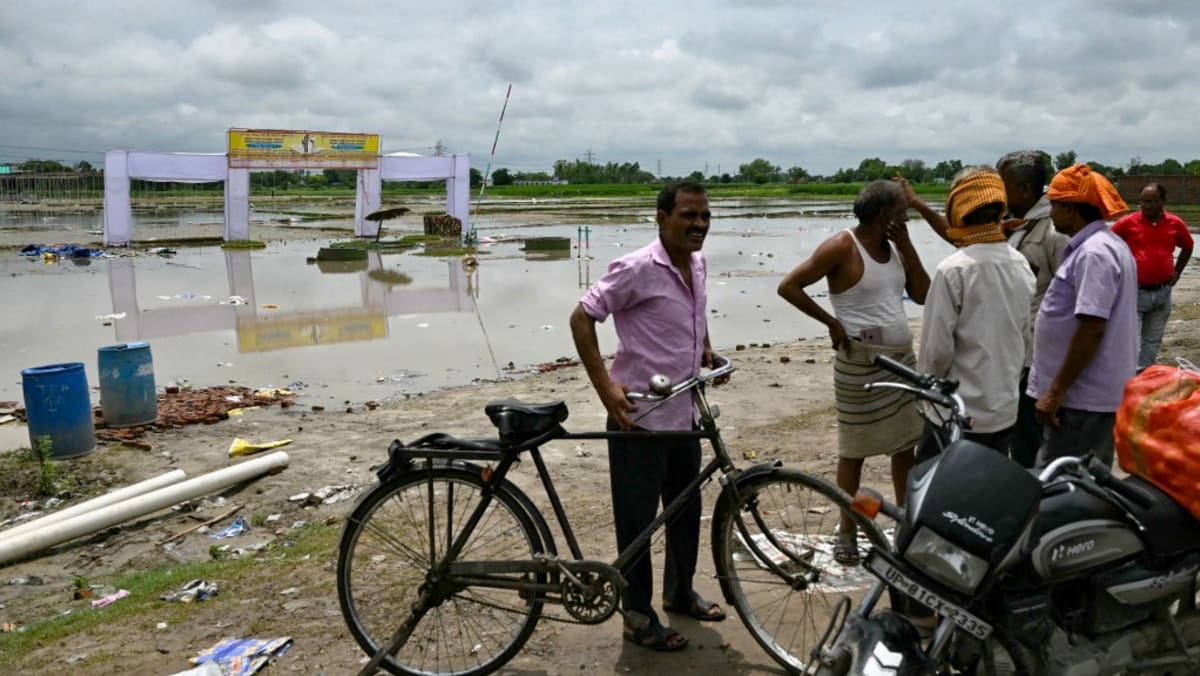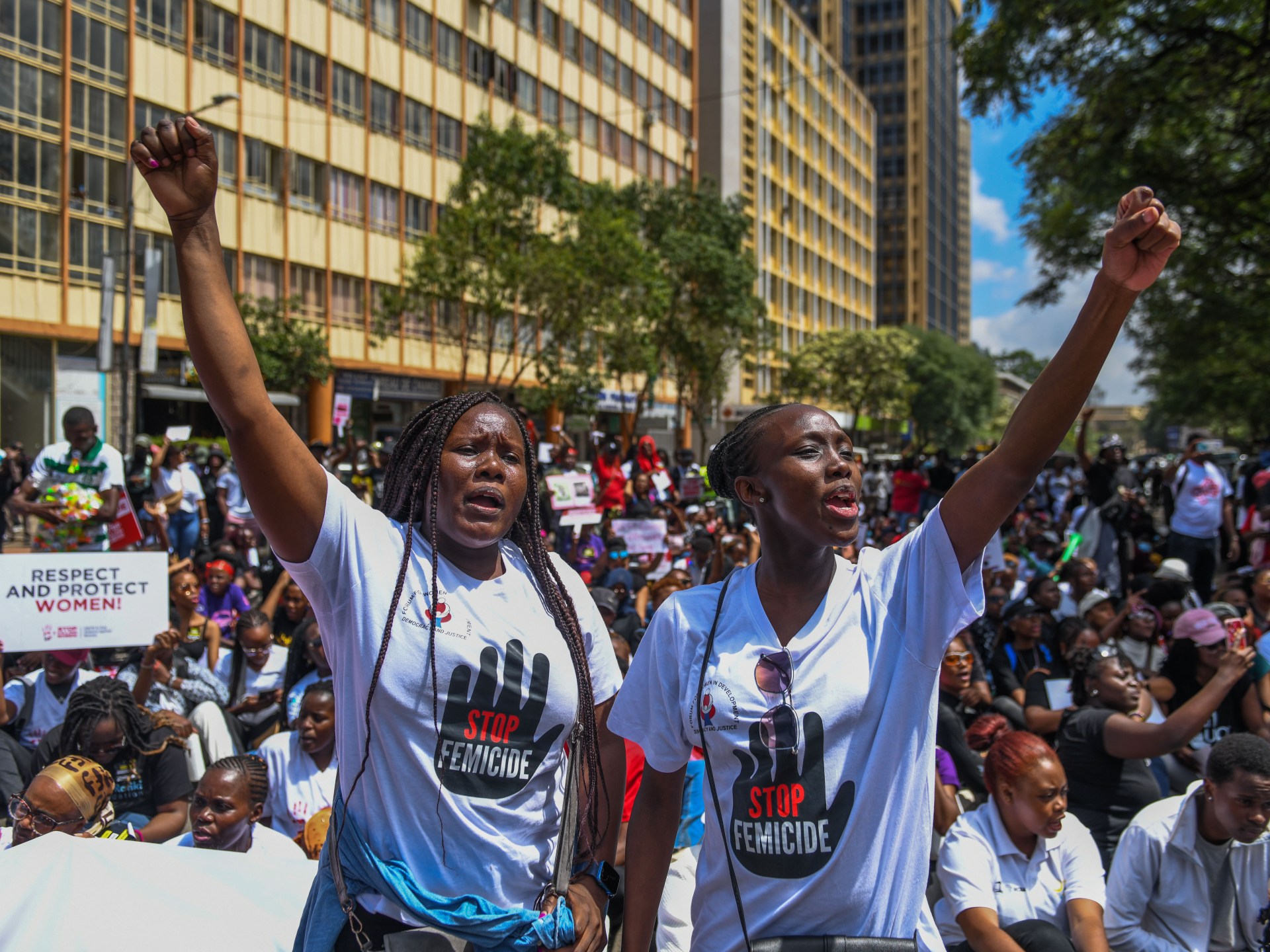This reality is unstable for two reasons. First, Hamas resolved to place the Palestinian question back on the geopolitical agenda with its terror attack on southern Israel on October 7, which killed an estimated 1200 Israelis and guest workers. In response, Israel has killed more than 25,000 Palestinians in Gaza and laid waste to much of the strip.
In the West Bank, the Israeli government is implementing what the French government has called a “policy of terror” to drive out as many Palestinians as possible. The UN estimates that, acting in concert, the Israeli military and settler militias have killed over 300 West Bank Palestinians since October 7, arrested thousands more, burned agricultural land, destroyed property, and driven out shepherds and villagers.
Observing the looming destabilisation, Western leaders are now dredging up the two-state solution, by which they mean merely the granting of local autonomy to Palestinian enclaves, not meaningful sovereignty. In other words, this “solution” is the continuation of inequality and discrimination by other means.
In those circumstances, Palestinian resistance will continue because Palestinians say they want what Zionists want: to return to their independent homeland from which they were expelled.
If Western leaders want to address Palestinian resistance, they need to confront this historical injustice and the current Israeli “policy of terror”. Since the two-state solution is an
illusion, the only option is granting political equality for everyone living in the region.
Loading
This is not a new idea. It has been conceptualised in different ways. Resisting the partition of their country, Palestinians have advocated for a democratic non-sectarian state for Muslims, Christians and Jews since the 1930s. Also with long histories are binational confederal proposals that reconcile the existence of autonomy for Jewish and Palestinian nations in a single state with security with political equality. It is often forgotten today that Zionist thinkers toyed with similar ideas in the 1930s.
The minority report of the United Nations Special Committee on Palestine also advanced such a plan in 1947. But the Committee’s majority report, which was ultimately adopted, recommended partitioning the British Mandate against the wishes of the Arab population and allotted most of the land to the minority Jewish population. One year later, 700,000 Palestinians were expelled from or fled their homes during the Nakba, becoming refugees in the region.
By December 1948, the UN General Assembly passed a motion declaring that Palestinian refugees “wishing to return to their homes and live at peace with their neighbours” should be able to do so. But Israel has always refused because reversing the long-sought demographic advantage is interpreted as national suicide.
To ensure Jewish security, Israel expelled and rules over Palestinians, resulting in their insecurity. To this end, Netanyahu is now declaring permanent occupation of all territory west of the Jordan River, where Israeli and Palestinian populations are roughly equal. Meanwhile, religious zealots in his coalition are urging “voluntary” emigration of Palestinians – an echo of the Nakba.
Understanding that this stance cannot guarantee security in the long-run, a growing number of Israelis are having second thoughts, especially as their government prioritises destroying Gaza over negotiating the release of hostages.
A new poll indicates that a small majority of Israelis support a two-state solution if Palestine is “demilitarised”. It is unclear where Palestinians stand on the subject, but they are not going to tolerate Israeli control, however “lite” or indirect.
Meanwhile, Hamas sends mixed signals, either seeking the expulsion of Israelis from illegal settlements or provisionally accepting Gaza and the West Bank as the site of a Palestinian state. It is likely to oppose any arrangements in which Palestinians cannot protect themselves, meaning it will likely oppose demilitarised “solutions”.
This lack of basic trust on all sides is the outcome of the Israeli state’s violent foundation, and the catastrophic horrors that led to it. It is naive, then, to expect that confederal or binational arrangements will be met with majority support from Israelis.
Loading
But as the European Union’s foreign policy chief, Josep Borrell said this week, if the world wants to see peace achieved, “the solution has to be imposed from outside because the two parties will never be able to reach an agreement.”
Recognising Palestinian equality is the way forward. While there are those who believe this solution equates to the destruction of Israel, that is not true. But it would mean substantial change, and a different Israel to the one we know today.
Yet, it is hard to see how that solution can be achieved. The dream of self-determination, meaning separation and control, is intrinsic to Israeli nationality. And yet, forcing a fake two-state solution on Palestine will only ensure everyone’s continuing insecurity. As Borrell noted, “If this tragedy doesn’t end soon, the entire Middle East might end up in flames.”
A. Dirk Moses is the Anne and Bernard Spitzer Professor of international relations at the City College of New York.
The Opinion newsletter is a weekly wrap of views that will challenge, champion and inform your own. Sign up here.
#Onestate #solution #needed #Israelis #Palestinians #political #equality #democracy







